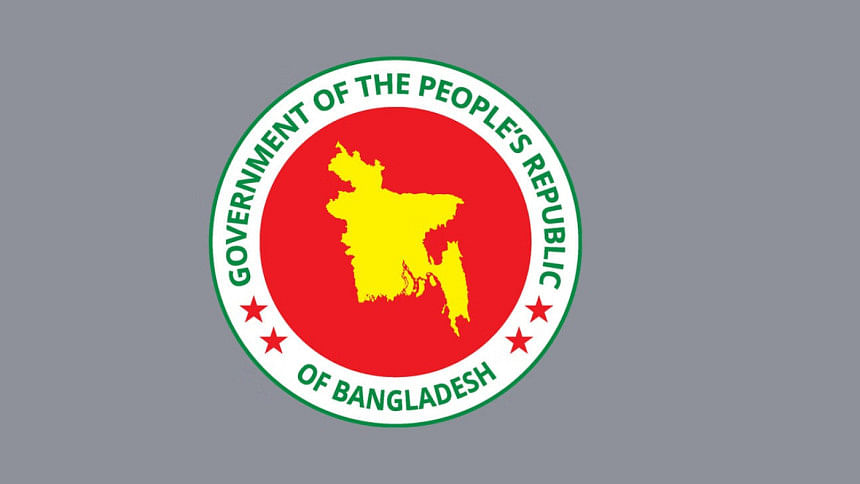Govt moves to revise essential drug list, price

After nearly a decade-long pause, the health ministry has launched a significant initiative to revise the national list of essential medicines and fix their prices to improve their accessibility and affordability.
An 18-member taskforce has been constituted to draw up the list and develop a procedure for setting prices of other medicines. The objective is to balance affordability for the public with fair profit margins for drug manufacturers. In doing so, the taskforce will assess the effectiveness, safety, and necessity of medicines, guided by recommendations from the World Health Organization (WHO).
While the initiative is underpinned by strong public health goals, its formation has triggered criticism from industry leaders. The exclusion of pharmaceutical manufacturers from the taskforce has raised concerns about the practicality and sustainability of the initiative.
Industry stakeholders argue that crafting a pricing framework without the involvement of those who produce and distribute the medicines could prove counterproductive and even detrimental to the supply chain.
The taskforce is led by Prof Md Shahinul Alam, vice chancellor of Bangladesh Medical University. According to a health ministry circular issued on July 24, the taskforce must submit its report by August 20. The circular also states that the committee may induct new members if deemed necessary.
The current list of 285 essential medicines was last updated in 2016. Of these, the government directly sets the prices of 117 widely used medicines. Prices for the remaining medicines are approved by the authorities based on proposals submitted by manufacturers.
Although the National Drug Policy 2016, citing WHO guidelines and expert opinions, recommended that the essential drug list be revised every two years, it has only been updated twice since its inception in 1982: once in 2008 and again in 2016.
According to WHO, essential medicines are those that effectively and safely meet the priority healthcare needs of a population. Selection criteria include public health relevance, evidence of benefit and harm, cost-effectiveness, and affordability.
Prof Sayedur Rahman, special assistant to the chief adviser for the health ministry, explained that the taskforce has been assigned three responsibilities: updating the list of essential drugs, setting prices for those medicines, and developing a pricing mechanism for all other drugs.
"Prices of all medicines will be fixed. One mechanism will apply to essential drugs and another for the rest. This is our current expectation, but it may change based on the taskforce's recommendations," he told The Daily Star on July 28.
Prof Sayedur, a pharmacologist, added that the taskforce was formed with the most qualified individuals in the sector, and the ministry will act on their recommendations.
Prof Syed Abdul Hamid of Dhaka University's Institute of Health Economics, who is also a taskforce member, said that when the first essential drug list was formulated in 1982, the market was unregulated and saturated with non-essential products like tonics.
"The list was created to tackle prevalent diseases and regulate drug prices," he said.
He added that in 1993, the government decided to regulate the prices of 117 commonly used essential medicines. Later, in 2016, a long list of 285 essential drugs was compiled, which included some less-critical items.
"But what was the point of preparing a list of 285 essential medicines if the government continued to fix the prices of only 117 of them?" he said.
According to the taskforce's terms of reference, the primary objective of updating the essential drug list now appears to be price regulation, he noted.
The taskforce includes academics and representatives from Bangladesh Medical University; Dhaka University; Dhaka Medical College; Anwer Khan Modern Medical College; National Institute of Mental Health; National Institute of Cancer Research and Hospital; icddr,b; WHO; UNICEF; Directorate General of Health Services; Directorate General of Drug Administration; Directorate General of Family Planning; Health Economics Unit; and Health Services Division.
WHAT INDUSTRY LEADERS SAY
Abdul Muktadir, president of Bangladesh Association of Pharmaceutical Industries (BAPI), criticised the exclusion of industry voices from the taskforce.
"The taskforce is expected to formulate a pricing policy without any input from those who actually manufacture the medicines. This is not only counterproductive -- it's potentially harmful," said Muktadir, also chairman and managing director of Incepta Pharmaceuticals Ltd.
He acknowledged that price adjustments are indeed necessary but insisted that all stakeholders must be consulted. "Existing laws provide a framework; what's missing is inclusive, evidence-based decision-making. The government must listen -- because without industry voices, pricing policy will fail both producers and patients," he added.
Muktadir pointed out that the pharmaceutical industry still operates under outdated pricing data, some of which dates back to the 1990s. Despite significant inflation and a 43 percent increase in raw material costs, the prices of only 35 essential medicines have been adjusted over the past 35 years.
Consequently, more than 100 essential drugs, including nitroglycerin spray and paracetamol syrup, are being sold below production costs, prompting some companies to halt production altogether.
The consequences are already apparent, with a report by IQVIA, a US-based health IT and clinical research firm, revealing that 70 percent of pharmaceutical companies, primarily small and medium-sized enterprises, experienced negative growth in the last quarter.
"This is a red flag for an industry that is supposed to be one of the country's most promising sectors," Muktadir said.
Md Zakir Hossain, managing director of Delta Pharma Ltd and secretary general of BAPI, also criticised the formation of the taskforce without representation from manufacturers, distributors, or marketers.
"They may know which drugs are needed, but not how they are produced or priced. Pricing isn't just about raw materials; we invest heavily in quality, research and development, and modernisation," he added.


 For all latest news, follow The Daily Star's Google News channel.
For all latest news, follow The Daily Star's Google News channel. 



Comments